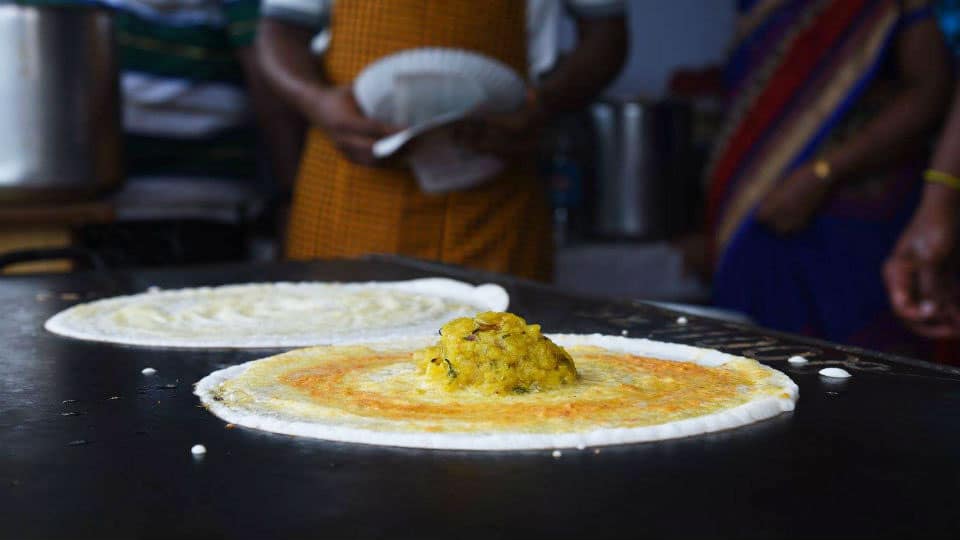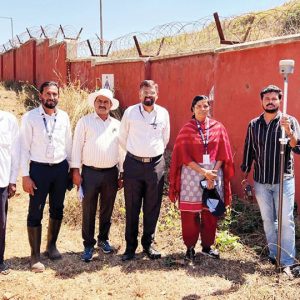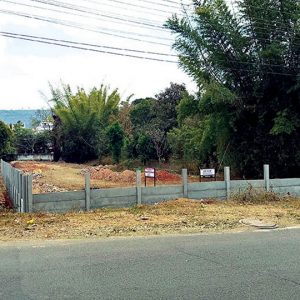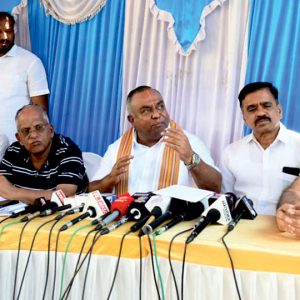Perhaps there is no other subject that can match food when it comes to engaging oneself in talking or thinking or enjoying or suffering or grieving either before or after two most ubiquitous event. The soliloquy To be or not to be spoken by Prince Hamlet in William Shakespeare’s play by the same name with no indication that others are hearing him comes to one’s mind at the time of deciding To eat or not to eat the delicious dish offered on a platter, particularly under trying conditions including the doctor’s ‘no’ to partaking the irresistible stuff. People, even with a rumbling tummy, choosing the first option at their own peril is common sight. By the time in the journey of life when one is armed with know-ledge that comes in handy in not crossing the proverbial Lakshman Rekha, the situation may have already crossed into the region called too late in the day. The saying that life begins at forty and starts showing rings in the ears of mostly those whose life has begun.
During a session telecast by a TV channel, a renowned scholar appropriately observed that modern medical science and its proponents are totally focussed on the connect between food and functioning of the various organs excluding its impact on mind of the consuming people, an area extensively covered in ancient texts, spiritual in content and nature.
The multiple sides to food at large, including (a) Adequacy in production to meet the needs of the nation’s entire population, (b) Consumer cost in times of plenty and shortfall, (c) Protecting from losses during storage across seasons and transportation during public distribution and trading, (d) Conforming to safety norms and hygienic practices in homes, hotels, hospitals, mass-feeding and so on, (e) Enormous scope to generate jobs and livelihood through both large industrial operations and MSMEs (Micro, Small and Medium Enterprises) makes food an unparallelled fascinating phenomenon. The fact, as an example, that even a relatively small city such as Mysuru hosts an estimated 5,000 youth providing food to the city’s residents on their own steam at a no-complaint-cost says it all.
To cut a long story short, in the backdrop of a large number of Indians suffering from iron deficiency due to their diet having trouble absorbing iron and zinc from food, a report based on a research project at a Bengaluru-based institution, published last month in the prestigious journal Current Science, claiming that idli and dosa help in overcoming mineral deficiency. That is exactly how the Mysuru’s mobile eateries are playing their part, although unwittingly.








Recent Comments